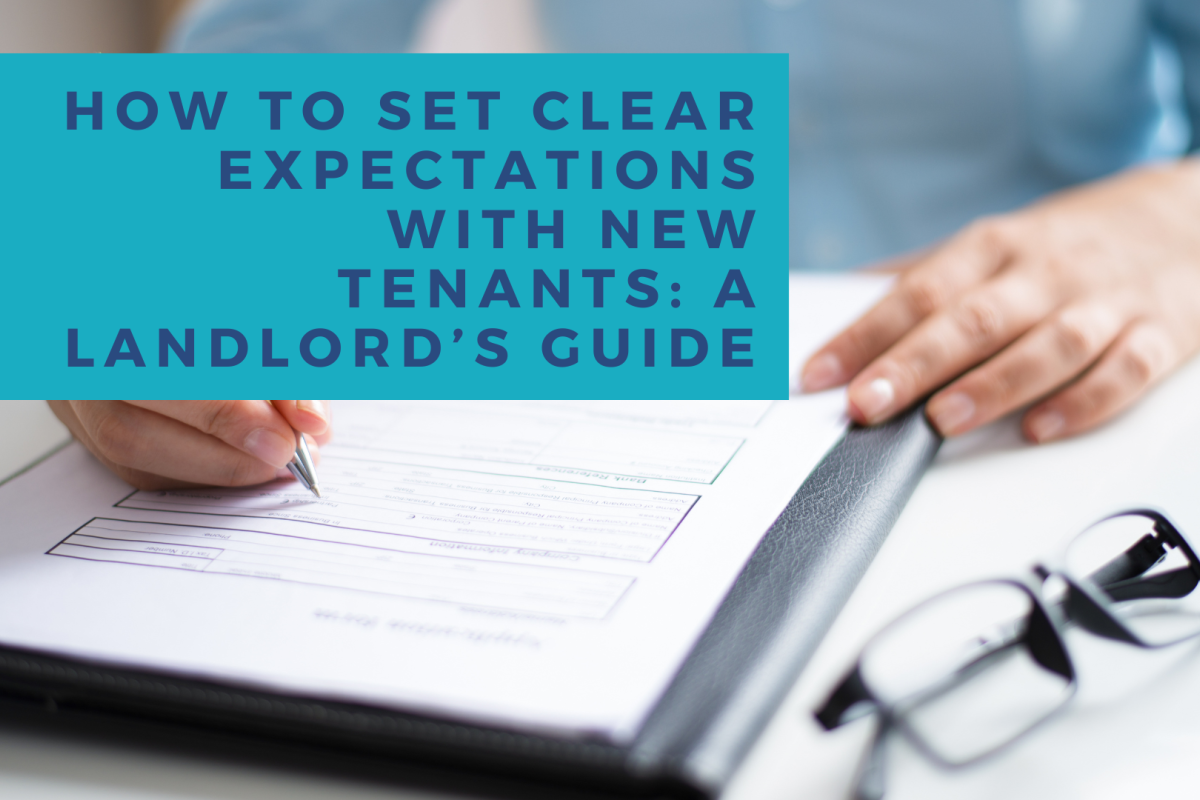By Nelson Property Management - Wednesday, January 14, 2026
By Nelson Property Management - Sunday, December 14, 2025
How Out-of-State Investors Can Successfully Manage Detroit Rental Properties
By Nelson Property Management - Friday, November 14, 2025
Making the Most of Smaller Units: Designing & Marketing Compact Detroit Rentals
By Nelson Property Management - Tuesday, October 14, 2025
Michigan’s Proposed Rental Repair Deadlines: Are You Prepared as a Landlord?
By Nelson Property Management - Sunday, September 14, 2025
How Detroit Landlords Can Customize Lease Agreements with Smart Clauses
By Nelson Property Management - Thursday, August 14, 2025
Tired of Late Rent? Here’s How You Can Keep Cash Flow Consistent in Detroit
By Nelson Property Management - Monday, July 14, 2025
How Property Management Differs for Single-Family and Multifamily Properties
By Nelson Property Management - Saturday, June 14, 2025
Essential Tips for First-Time Landlords in Detroit
By Nelson Property Management - Tuesday, May 6, 2025
What Is the “Implied Covenant of Quiet Enjoyment”?
By Nelson Property Management - Monday, March 24, 2025
How to Set Clear Expectations with New Tenants: A Landlord’s Guide
Showing 1- 10 of 57

.webp)



.webp)
.webp)
.webp)


